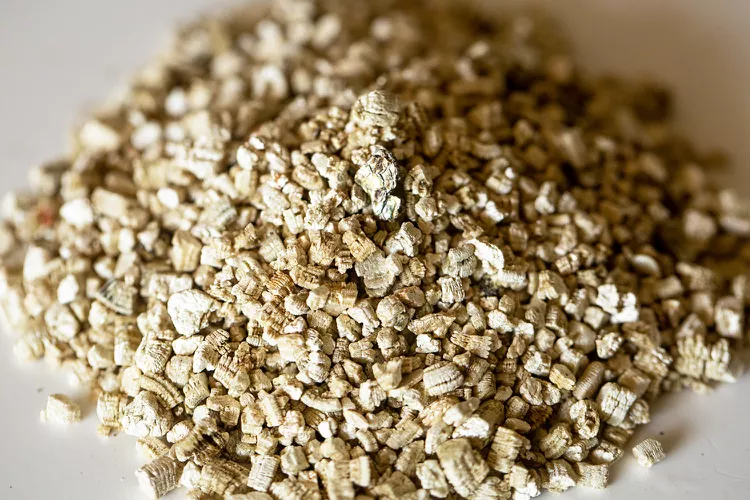Nov . 01, 2024 18:25 Back to list
Top Materials for Superior Thermal Insulation Performance in Various Applications
When it comes to thermal insulation, the choice of materials plays a crucial role in minimizing heat transfer, ensuring energy efficiency, and enhancing comfort in various applications. The effectiveness of a thermal insulator is determined by its thermal conductivity, which reflects how easily heat can pass through it. Among various materials, some stand out due to their superior insulating properties.
One of the best thermal insulator materials known is aerogel. Often referred to as frozen smoke, aerogel is an ultra-light material that boasts an extraordinary thermal conductivity of around 0.013 W/m·K. Its unique structure, composed of over 90% air, allows it to trap heat effectively, making it ideal for applications in space exploration, refrigeration, and even clothing. Despite its exceptional insulating performance, aerogel is somewhat fragile, which can limit its use in certain environments.
Another remarkable insulating material is polyurethane foam. Commonly used in building and construction applications, polyurethane foam offers an impressive thermal conductivity of around 0.025 to 0.035 W/m·K. Its versatility and ease of application make it a go-to choice for insulating walls, roofs, and pipes. Additionally, spray foam insulation can seamlessly fill gaps and crevices, providing effective thermal barriers while reducing air leakage.
best thermal insulator material

Extruded polystyrene (XPS) is also a popular thermal insulator. With a thermal conductivity ranging from 0.030 to 0.040 W/m·K, XPS is often used in applications that require moisture resistance, such as foundation insulation and green roofs. Its closed-cell structure not only provides excellent thermal performance but also adds structural strength, making it suitable for various building applications.
Additionally, reflective insulation materials such as radiant barriers have gained attention for their ability to reduce heat gain in buildings. By reflecting radiant heat away, these materials can significantly decrease cooling costs in warmer climates.
In conclusion, choosing the best thermal insulator material depends on the specific requirements of the application, including thermal performance, moisture resistance, and physical durability. Aerogel, polyurethane foam, and extruded polystyrene are among the top contenders when it comes to providing effective and efficient thermal insulation. As we continue to innovate and develop new materials, the potential for enhanced thermal insulation is greater than ever, paving the way for more energy-efficient buildings and sustainable practices in the future.
-
Fe-C Composite Pellets for BOF: Enhance Steelmaking Efficiency
NewsAug.07,2025
-
Eco-Friendly Granule Covering Agent | Dust & Caking Control
NewsAug.06,2025
-
Fe-C Composite Pellets for BOF: High-Efficiency & Cost-Saving
NewsAug.05,2025
-
Premium Tundish Covering Agents Exporters | High Purity
NewsAug.04,2025
-
Fe-C Composite Pellets for BOF | Efficient & Economical
NewsAug.03,2025
-
Top Tundish Covering Agent Exporters | Premium Quality Solutions
NewsAug.02,2025
